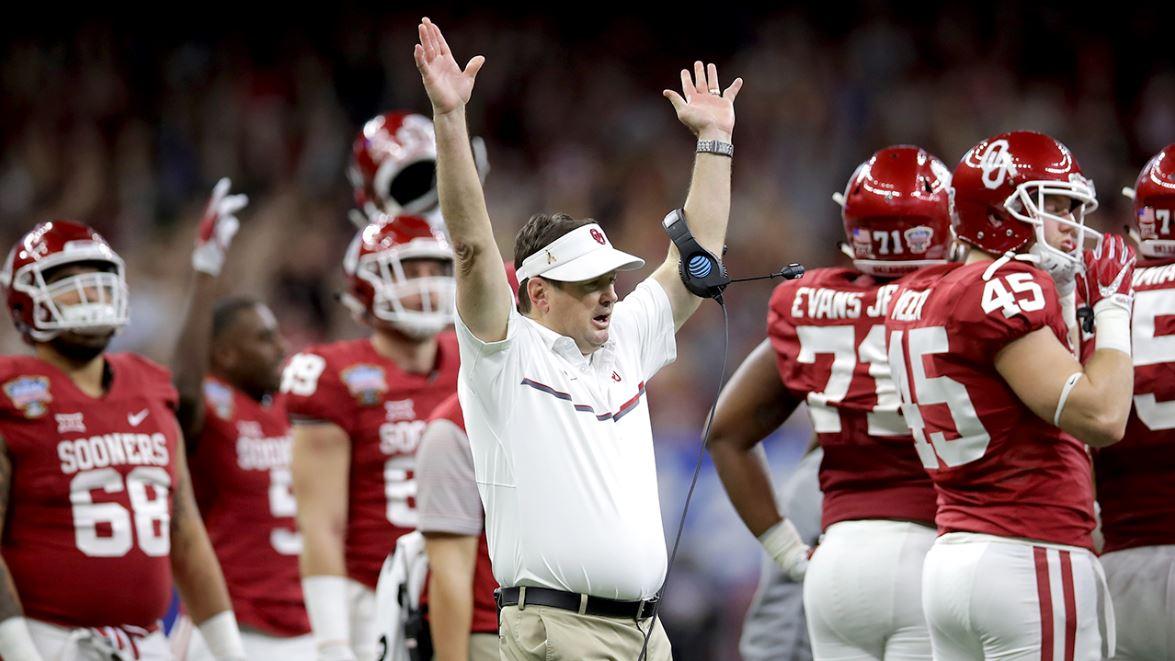Alabama QB Tua Tagovailoa insurance policy: Could he lose millions after injury?
Celebrated Alabama quarterback Tua Tagovailoa, who recently underwent surgery for a season-ending injury, could be out millions of dollars if he decides to enter the 2020 NFL draft.
Tagovailoa reportedly did not have loss-of-value insurance, meaning if he is not among the top picks – as predicted prior to his injury – he will not be protected against a decline in contract value.
Loss-of-value insurance protects a student athlete’s future contract value from falling below a predetermined amount following a serious injury or illness. The threshold varies but can be upwards of 60 percent of the athlete’s projected rookie contract. Insurance underwriters determine an athlete’s eligibility based on their projected draft position, and coverage typically ranges from $1 million to $10 million.
The policy would cover the difference between the actual contract value and the policy threshold.
JAGUARS' JAKE RYAN SUES INSURANCE COMPANY OVER ALLEGED FAILURE TO PAY INJURY COMPENSATION
WHY PRO SPORTS TEAM INVESTMENTS ARE WALL STREET'S NEWEST PLAY
An NCAA report gives an example where a projected rookie contract is valued at $10 million, but after an illness or injury, the player is offered an actual contract of $5 million. Covered with a 60 percent threshold, that player would receive a loss-of-value benefit of $1 million.
In the 2019 draft, top rookie pick Kyler Murray signed a four-year contract with the Arizona Cardinals for a total of $35.2 million, including a $23.6 million signing bonus, as noted by Forbes. Rookie pay declines as the draft progresses.
At a 60 percent policy threshold, LOV insurance could kick in at upwards of $21.1 million this year's for the top pick. Using last year’s scale, that would be met if the projected top selection fell to the eighth pick.
As previously reported by FOX Business, the value of first-year player contracts are set by a “total rookie compensation pool,” connected to the NFL’s salary cap for the upcoming season. The 2020 draft picks are likely to see higher totals.
The NCAA does not currently offer LOV insurance because “the coverage has not been shown to consistently benefit student-athletes who file a claim.” The University of Alabama’s insurance plan also reportedly does not include an LOV policy – though top-tier players can purchase it on their own.
“[It seems Alabama] has not seen potential claims out there that have come to fruition where the players have actually gotten a check,” Joe McLean, a managing partner at Intersect Capital, told FOX Business. “Alabama is in the right by saying that these claims can be very difficult to collect on.”
McLean, who has several professional athletes as clients, added that since the likelihood of a loss-of-value claim is high – with an increasing number of cases popping up – underwriters are getting out of the market. And even when a claim is filed, it will be put through a subjective and quantitative analysis to determine that there is in fact a direct correlation between the injury and the decline in contract value.
Tagovailoa is said to have permanent total disability through Alabama – which is for athletes who suffer an injury that prevents them from ever playing as a professional athlete. A representative from the University of Alabama Athletic Department did not return FOX Business’ request for comment.
The NCAA recommends that athletes consider LOV coverage if they are expected to be among the top 10 draft picks.
Coverage, however, is not cheap. According to the NCAA, the annual premium estimate for $1 million of LOV and permanent total disability coverage ranges from $10,000 to $30,000 – and premiums vary by sport, typically higher for football players.
McLean noted that historically, players would have to go out and purchase coverage themselves – which could put them in debt before they’ve even earned any cash and before they’re even sure they’re going to make a payday.
The NCAA currently works with multiple underwriters, McLean said, with some colleges even stepping up to pay for policies for some players – though every school may not have the ability to pay.
Moving forward, Mclean believes the NCAA needs to level the playing field in terms of what every student-athlete has access to.
“If they don’t, it’s not fair to put that on the athlete who is not earning any type of income,” Mclean said.
For the time being, however, it’s still worth getting – especially for a projected top five pick, he said.
GET FOX BUSINESS ON THE GO BY CLICKING HERE
Tagovailoa was widely expected to be a top– if not the top overall – pick in the NFL rookie draft, which will occur in April. He does have another year at Alabama that he was expected to forego.
His entrance into the NFL was so widely-anticipated that “Tank for Tua” became a slogan this season – suggesting the team that did the worst and earned the top NFL pick – would get Tagovailoa.
Tagovailoa dislocated his hip and broke the back wall of his hip socket in a game against Mississippi State. He had surgery and is expected to make a full recovery, according to the team’s orthopedic surgeon. The timeline, however, is still uncertain.
Meanwhile, the NCAA said in October that it intends to allow college athletes to benefit from the use of their name, image and likeness – adding fuel to the debate over whether college players should be paid.




















